Joshua Burnell – Glass Knight – Review – 14/08/23
A review of Joshua Burnell’s “Glass Knight” album 14/08/23
Miranda Sykes @ The Wesley Centre – 9th June 2023
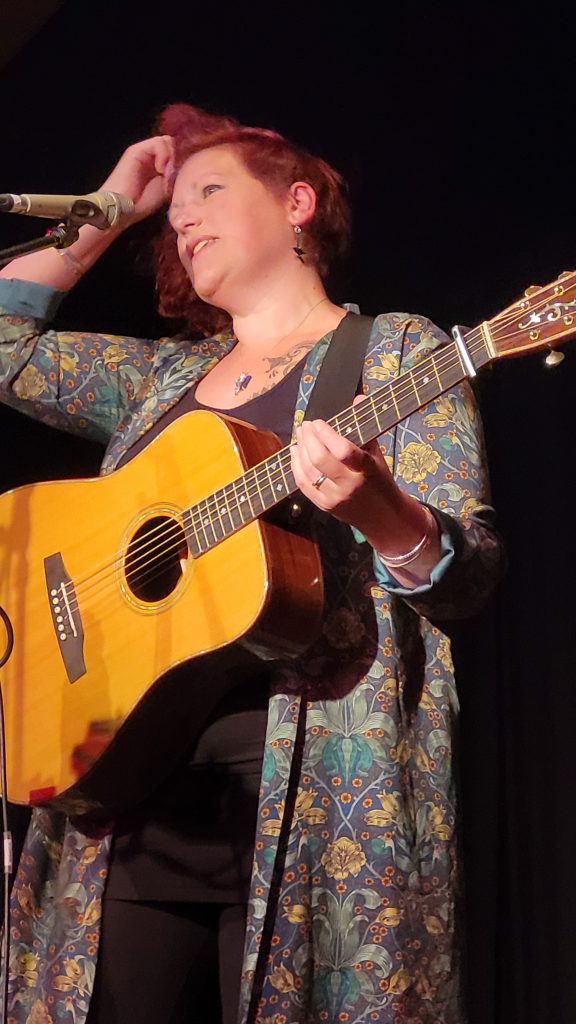
We return to the Wesley Centre in Maltby after a hiatus to see what we have been missing out on. We haven’t been since Covid and are looking forward to a night of live music. The Wesley Centre is still a nice intimate venue with friendly serving staff and the all-important raffle to host the […]
Swift Wings and Lost Stones – Live Gig Review
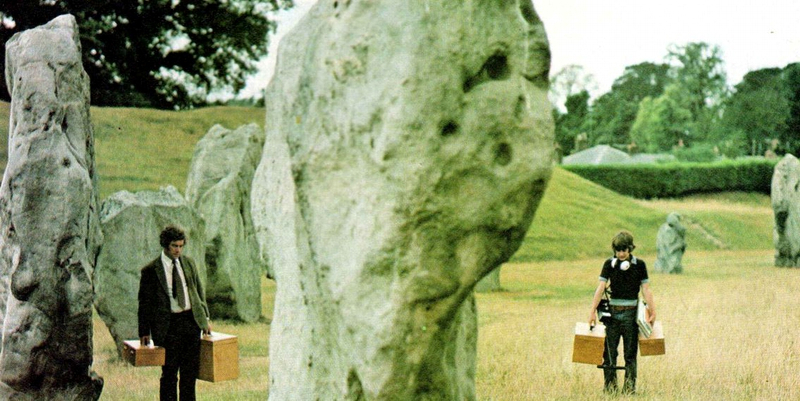
University of Sheffield Drama Studio on 13 November 2022 Enable US Project https://performancevenues.group.shef.ac.uk/about-us/enable-us/ We had the pleasure of attending an event which marks the shimmering of the air and the slipstream of the horror season as we move from the month of Halloween and into the one of even darker nights and exploding lights. With […]
Lizabett Russo – “While I Sit and Watch This Tree” Volume 2
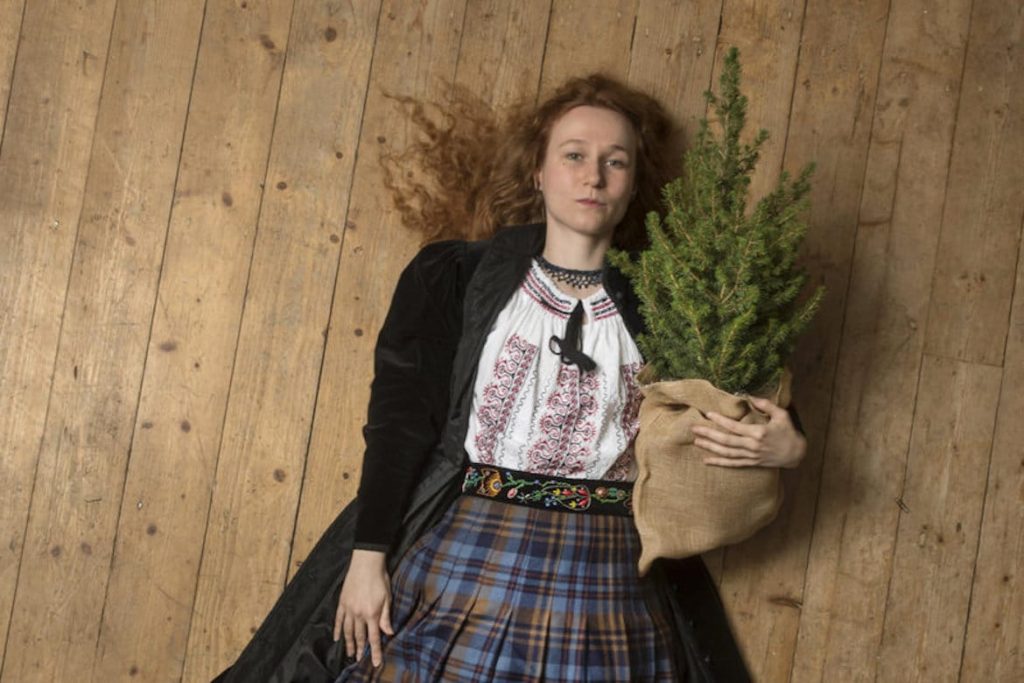
Still unique in her magical space between Scotland and Romania, Russo’s glass vocals strike an irresistable balance of mind and nature that encompasses an idiosyncratic, beautiful reflection of self. Release Date – 4th November 2022 Lizabett Russo returns with “While I sit and Watch This Tree Volume 2”, a continuation of her multiform presentation of […]
Iona Lane – Hallival – Album Review
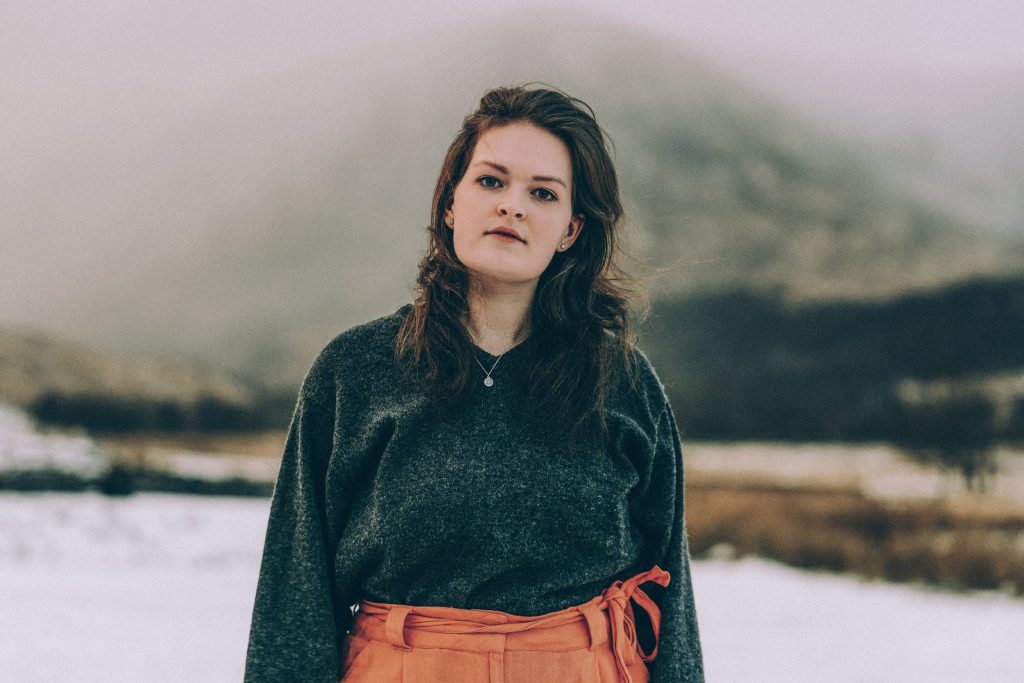
Released – March 25 2022 From beyond the rolling mist (and probably a few sheets of snow) the mountain of Hallival stands beautiful as a site of exploration, and in seeing it, a conquest of one’s own very ideas of beauty. Iona Lane’s debut album takes this beauty and transcribes it into a folky exploration […]
5th March 2022- Phil Beer at Wesley Centre, Maltby
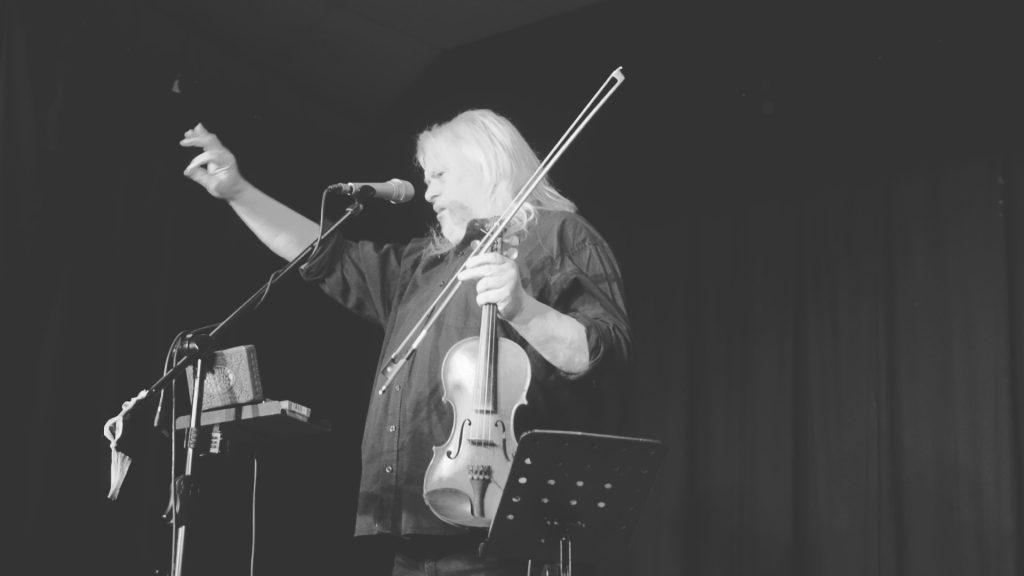
We have recently had the pleasure of visiting the opening night of “Wesley Centre Live”, a series of folk gigs that has started in Maltby. We wanted to share our experiences with you, for more information about upcoming gigs, go to https://www.facebook.com/wesleycentrelive/?ref=page_internal. Heading out in your car a little East of Rotherham you come to […]
Birds and Beasts – “Kozmik Disko” review
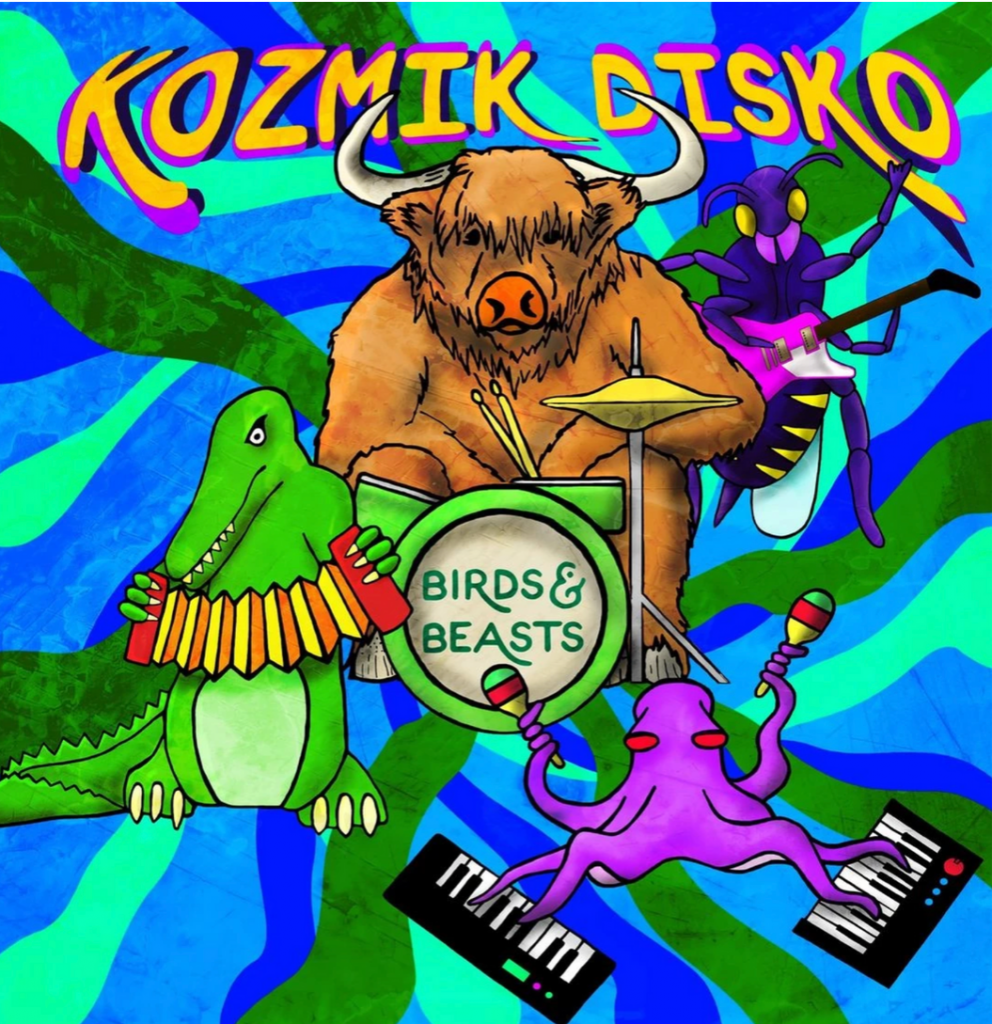
Like the thunderous hooves of an approaching stampede, Birds and Beasts’ second album is a groove-filled, thumping and purposeful sophomore album which puts it’s classic rock expertise to very good use. Album Launch Date: 23/10/21 If you have been living in a cave for the past few years, then chances are, (without you realising) you […]
Emma Langford- “Sowing Acorns” – A Review
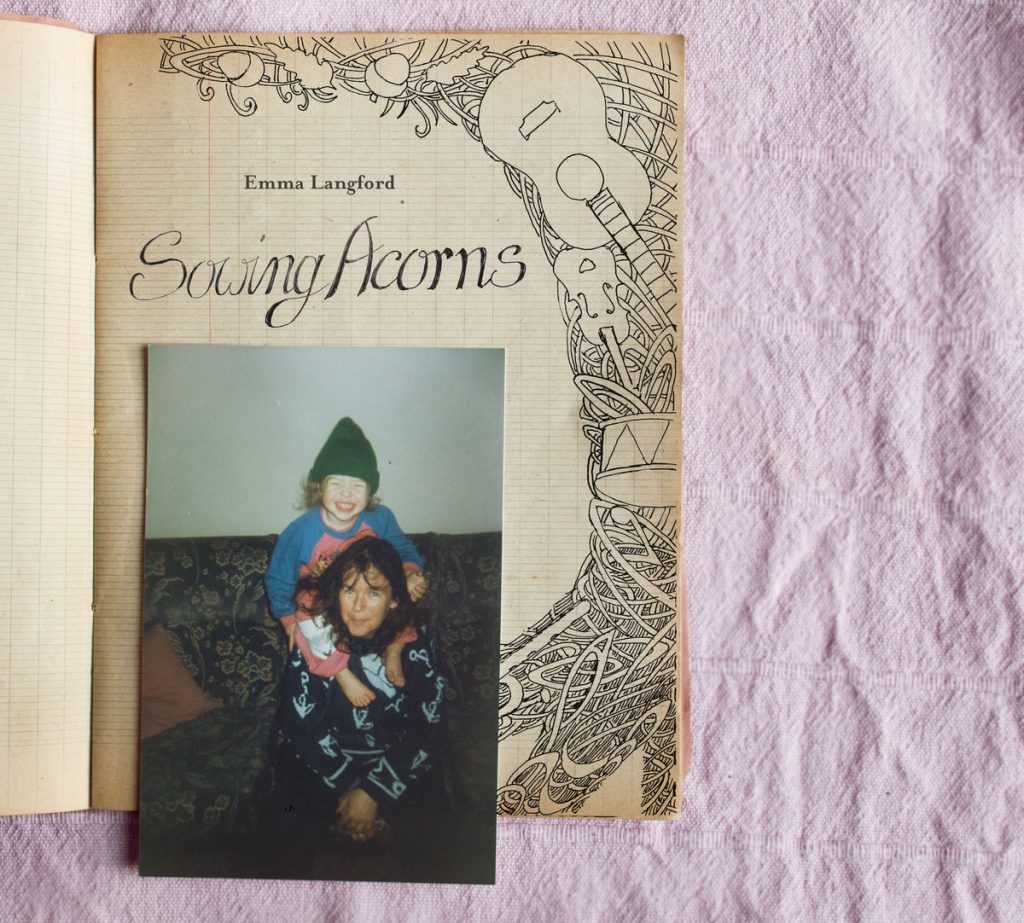
A fun album that will defy attempts to hold it down in one place. Well arranged and with some seriously confident creations, this disc hints at a continued bright future for Langford. Release Date: September 2020 It’s been a long time coming, but we have finally got around to reviewing the second album by the […]
Ninebarrow- “A Pocket Full of Acorns” Review
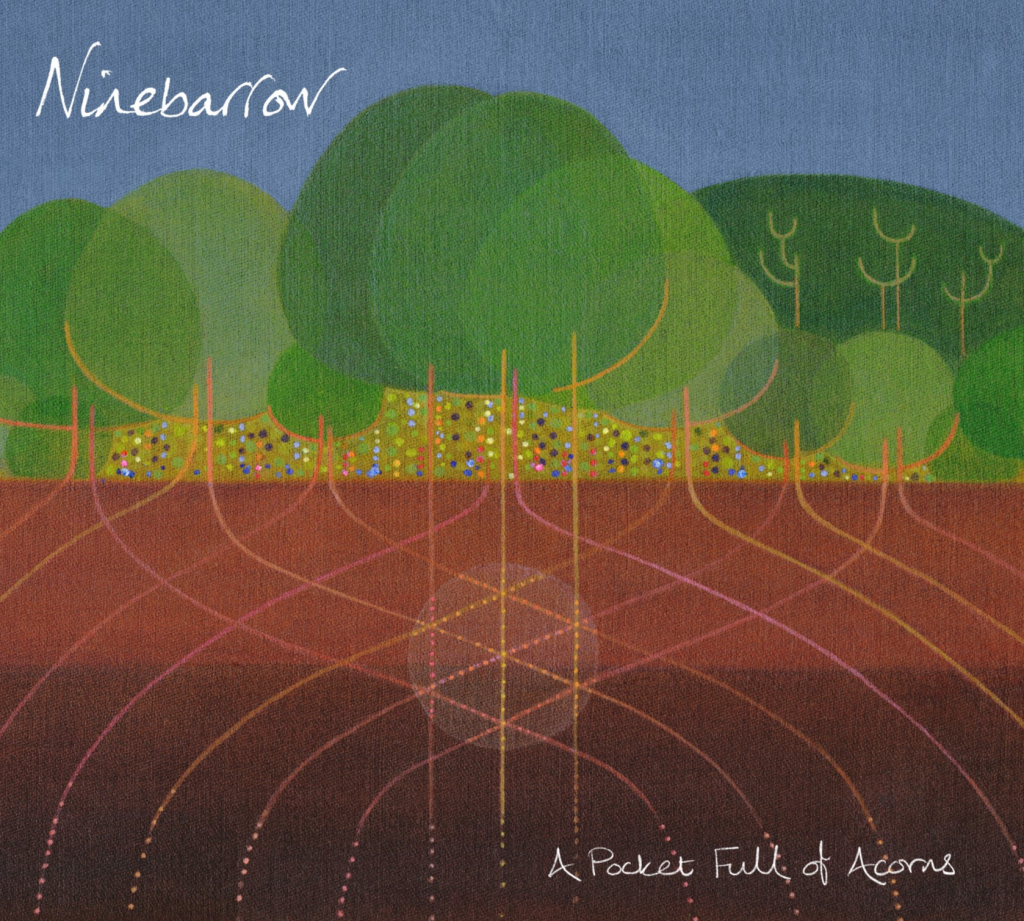
Timely, persistent and quiet. The natural world continues to spill forth from Ninebarrow’s fourth album, in all the best ways. Those quiet boys of folk, Ninebarrow, have been keeping themselves busy during the lockdown. Well, when we say quiet, we acknowledge that ever since their debut album they have been anything but; with recognition from […]
Merry Hell – Emergency Lullabies (review)
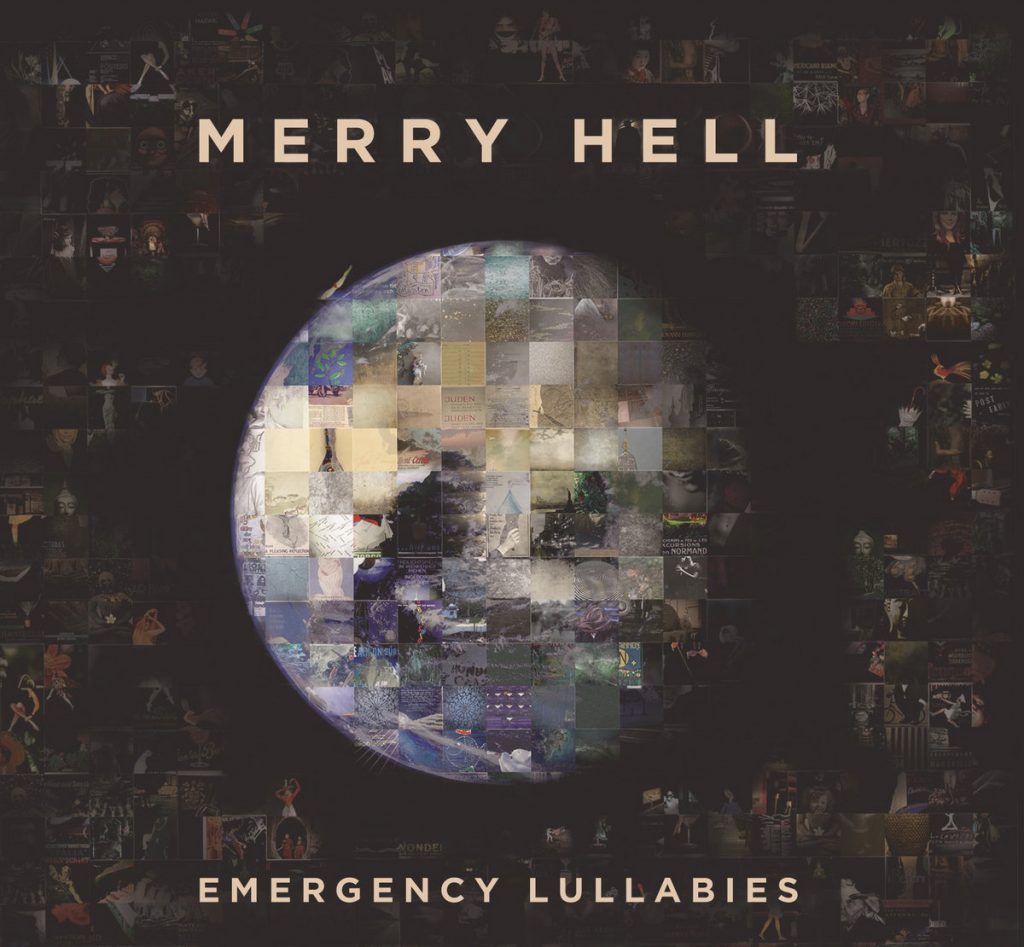
Exuberant and rousing with a few inspired sentimental stops, Merry Hell still have a lot to say with their sixth album. RELEASED NOVEMBER 2020 What can we say of Merry Hell? They are a band often seen on the live circuit with an impressive turnaround of albums (this is their sixth studio outing); you could […]